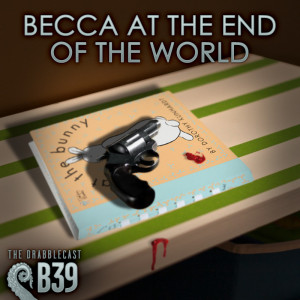
My bio at Apex Magazine for this story includes the sentence “Her daughter just started college and is not a zombie.” This is relevant.
The thing is that I’m generally bored with zombies and vampires. I haven’t seen much *new* done with them in some time. So I’d never planned to write a zombie story.
But then I had this nightmare. It was vivid, unusually linear, and oh man, it HURT. Until this year, it was the worst nightmare I’d ever had. When I woke, I turned to the internet for solace, telling a few friends about this horrible, horrible dream.
And one said, “That would make a good story, actually.”
I didn’t write it then; I didn’t write it for a while. When I finally did, I did my typical “well I have written this little trauma bomb but I don’t know who’d want it” thing on Twitter, and Apex managing editor Michael Damian Thomas instantly insisted that I send it to him.
This story elicits strong reactions, which is right and proper. Some argue passionately about the protagonist’s decision. I think there’s no way to know what we’ll do in a room at the end of the world, really.
“Becca at the End of the World” was published in Apex Magazine #53 in October 2013. It was podcast at The Drabblecast in February 2014. The art above is by Forrest Warner for The Drabblecast. It has been reprinted in Zombies: More Recent Dead (ed. Paula Guran), and received an Honorable Mention in Ellen Datlow’s Year’s Best Horror. It was performed by Jessica Robblee at Stories on Stage’s “Zombies R Us” show in Denver, CO.
A. C. Wise says “…the personal moments within a vast crisis have always been the most interesting to me. Watching the major monuments of the world blow up is all well and good, but I want to know how Jane Doe and John Smith experience the apocalypse, what specifically are they losing and what does ‘the end’ mean to them. In “Becca at the End of the World,†it means a mother dealing with a daughter who has succumbed to the zombie plague and faced with the heartbreaking choice of whether to kill her. The ending can be read as a metaphor for the selfless way parents sacrifice themselves for their children, sometimes literally, subsuming their lives in the next generation. It can equally be read as a selfish choice on the part of a mother unable to deal with survivor’s guilt. Either way it’s a lovely, wrenching story, told in a pared down way that packs an emotional punch into less than 2000 words.”